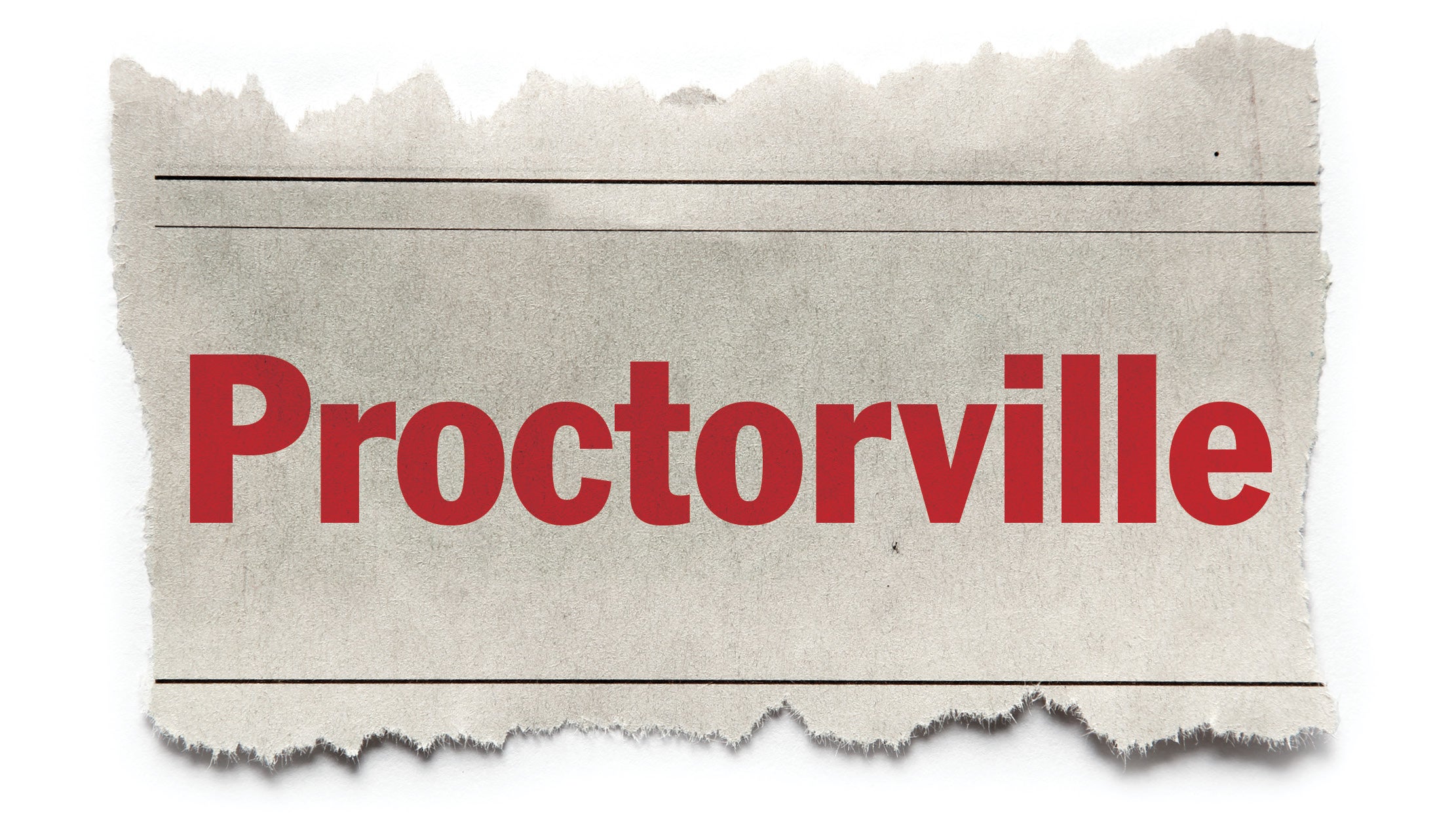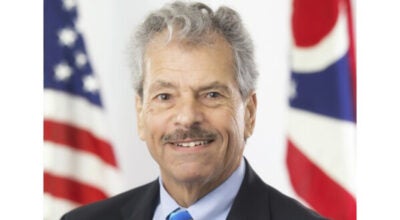City holds off fee increase vote
Published 8:16 am Friday, November 23, 2018
Council to look into possibility of hotel occupancy tax
The Ironton City Council held its regular meeting on Monday instead of Thursday because of the Thanksgiving holiday.
The meeting again focused on the matter of possibly raising fees to pay for needed city services and several ordinances on that were sent to the Public Utilities Committee for further discussion.
One of the first to speak on the subject of fees was not a council member or city official, but the Rev. Steve Harvey, Ironton resident, pastor of Sharon Baptist Church and councilman Craig Harvey’s father. He gave the opening prayer and then took the opportunity to speak to council.
He said he understands that the city is financially strapped and he knew the council had looked at a “zillion things” to come up with a plan, which he applauds but said he and many others cannot afford to pay more in city fees.
“We can’t absorb any more fees at my house, I’m saying that to you from my heart,” he said. “People like me, we can’t absorb any more. I can’t afford it.”
Councilman Jim Tordiff said one thing that he has been curious about, and asked Harvey about, was whether people would rather see increased fees or cuts to services the city provides.
Harvey said he didn’t have an answer to that.
Tordiff said that the city brings in $2.3 million in income tax and the majority of that goes to support fire and police services.
“So there is nothing left. That was fine in 1959 when there was an income tax base to support that,” he said.
Among the fees under discussion, are a $15 fee for police protection and a $15 fee for fire services, which would increase every year.
Tordiff said that if there were a vote, he would pay the $30 in fees.
“But just as you said, I am in a position where I can afford that,” he said. “But there are a lot of people that it would break.”
While the council was discussing fees, their legal counsel, Mack Anderson, said that he recently stayed in a hotel in Dublin and there was an occupancy fee, with a 6 percent tax to the city and a 4 percent tax that went to Franklin County. He wondered that if there was something similar that Ironton could do, adding that many cities have a 6.5 or 7 percent tax.
There is a fee that is split between the city and the county and the city gets about $20,000 a year from that.
“There are a hundred rooms at the hotel. If they are getting $100 a night and you put a seven percent tax on that, it is $7 a night,” he said. “That’s $700 a night at full occupancy. That tax would raise $255,000 from one hotel. A new one coming in, that doubles it. So, you’re talking a half million dollars a year and the citizens don’t have to pay anything.”
Councilman Nate Kline said he has looked into that and found it confusing. He said he has referred it to the council’s other legal counsel, Brigham Anderson, to see how it works under the Ohio Revised Code.
“I think it is an excellent idea as far as an additional revenue stream,” he said. “But I don’t know if that’s even feasible. I’d like to know what authority we have as a municipality.”
In items on the agenda, council passed a temporary budget for 2019 and authorized the mayor to enter a contract with Brown Raybourn and Associates for Anthem health insurance for city employees for 2019.
They also passed an ordinance for Mullins Construction Company to do off-site/parking/street improvements around the Ninth Street Gateway project.
The amount of the contract is $760,948 and is being paid for by money from the Revolving Loan Fund.
Several ordinances on increased fees and making property owners in charge of utility and service fees was sent to the Public Utilities Committee for discussion. The PUC meeting is set for 6 p.m. on Nov. 29.
No firm date was set for a public forum on fees because with the holiday and the events surrounding it, council is having trouble finding a day when all seven members can attend.
They also want to find out more about the occupancy fee and whether it would make the raising of all city fees unnecessary.





